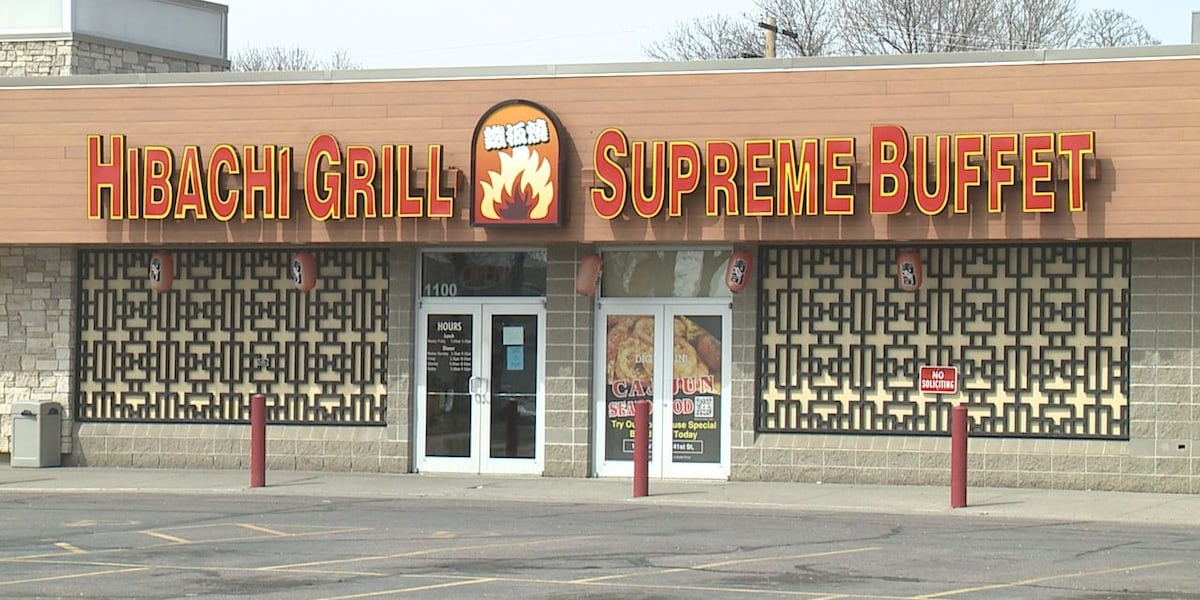Sizzling Comeback: Hibachi Grill Rises Again in Sioux Falls

Hibachi Grill & Supreme Buffet has made a dramatic comeback, reopening its doors after a tumultuous few weeks marked by legal challenges. The popular local restaurant recently resumed operations following a temporary closure that stemmed from serious legal complications involving its top leadership.
Earlier this month, the restaurant's owner and two managers found themselves at the center of a legal storm, facing arrest and subsequent indictment on charges related to employing undocumented workers. The unexpected shutdown sent ripples through the local dining community, leaving patrons wondering about the restaurant's future.
Now, with the restaurant back in business, customers can once again enjoy the diverse buffet and hibachi-style cooking that has made the establishment a local favorite. The reopening signals a fresh start for the restaurant, though the legal proceedings against its leadership continue to unfold.
Local diners have already begun returning to the restaurant, eager to sample its familiar menu and enjoy the dining experience they've missed during the brief closure. The restaurant appears committed to moving forward and rebuilding its reputation in the community.
